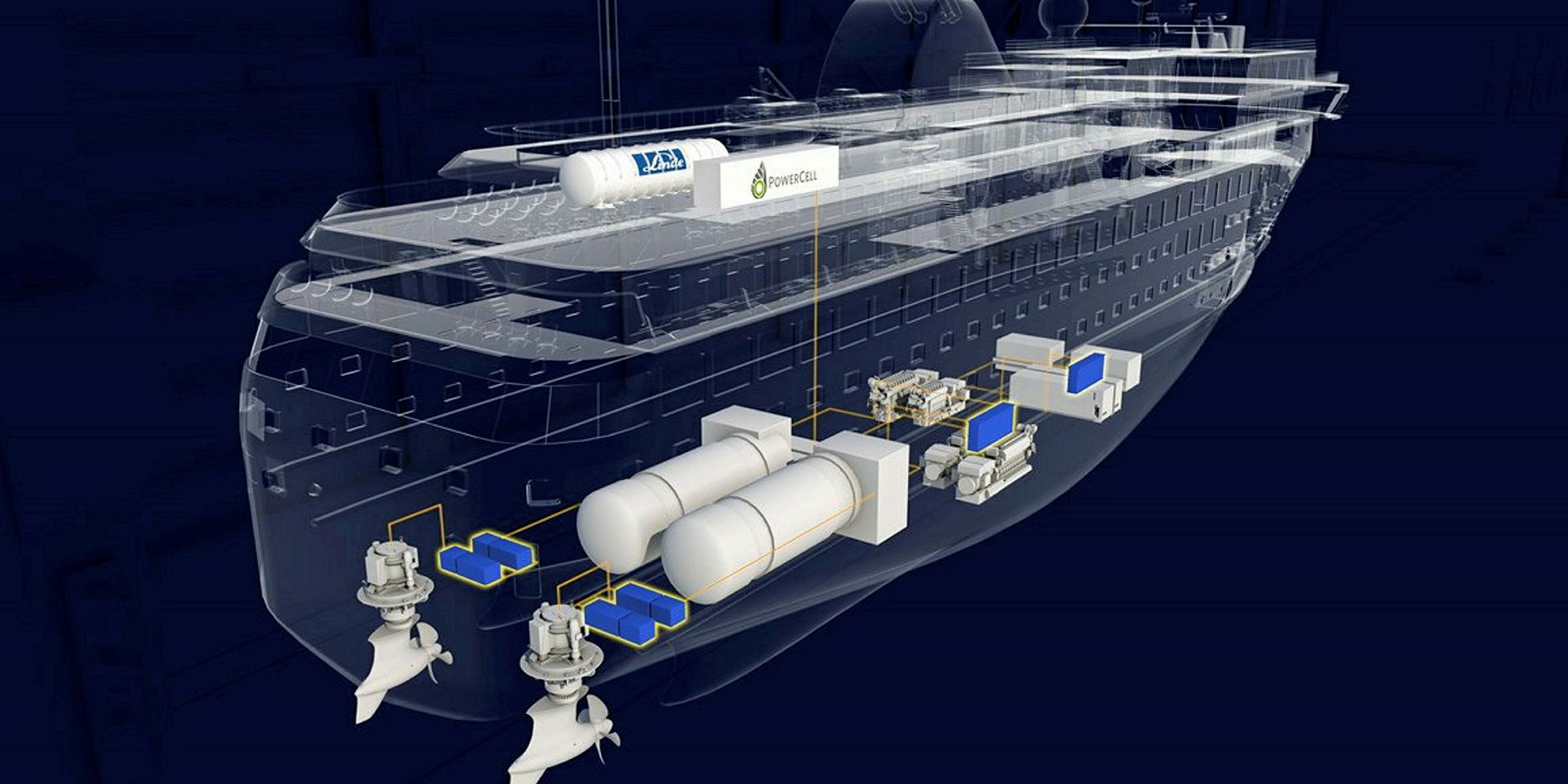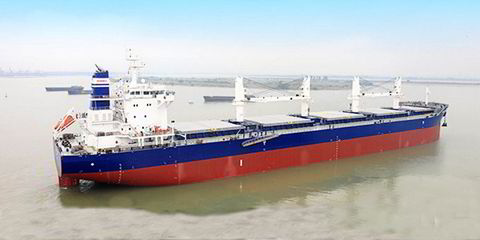Belgian shipowners Exmar and DEME are teaming up with ports and energy companies to study the transport of hydrogen as a sustainable fuel.
The two companies are joining French utility Engie, Belgian gas transport company Fluxys, the ports of Antwerp and Zeebrugge, and hydrogen solutions company WaterstofNet to move towards "a Belgian hydrogen economy."
The work will serve as a basis to coordinate delivery of concrete projects that shape the production, transport and storage of the gas, which could fuel vessels, be used for electricity and heat production, and be a raw material for industrial production.
"Crucial in the viability of a hydrogen economy is the generation of sufficient renewable electricity for the production of hydrogen," the companies said.
"Since in Belgium wind and solar energy are not sufficiently available, part of the necessary renewable energy must be imported. However, efficient and economic solutions for the import, transport and storage of hydrogen require specific expertise."
First phase to take a year
In the first phase, the partners will make a joint analysis of the entire hydrogen import and transport chain.
The aim is to map the financial, technical and regulatory aspects of production, loading and unloading, and transport by sea and via pipelines.
The results are expected in a year.
Luc Vandenbulcke, CEO of DEME, said: “We strongly believe that hydrogen can play a crucial role in the CO2-free energy transition.
"As a pioneer in the development, construction and financing of offshore wind farms, we want to make full use of our expertise for the production, transport and storage of green hydrogen from renewable energy sources.
"Thanks to this unique partnership of ports and industry, Belgium can play a leading role in the green hydrogen economy and further reduce CO2 emissions."
Nicolas Saverys, CEO of gas carrier company Exmar, added: “As an international transporter of natural gas, LPG, ammonia and other petrochemical gases, Exmar is also focusing on the future.
"We want to help investigate how the hydrogen gas transport chain can be developed in the most efficient and economic way. This way, our long-standing expertise in the transport and transformation of gas in the safest way can support all initiatives for the large-scale use of hydrogen gas.”







